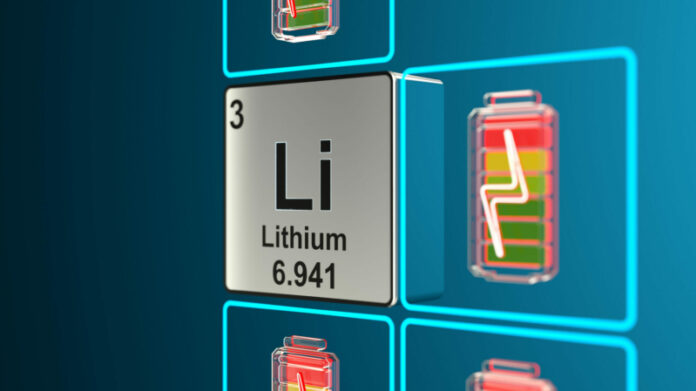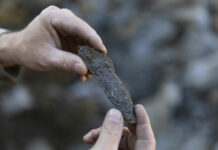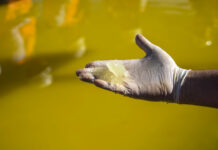
SIBANYE Stillwater’s ambition to become an important cog in Europe’s critical minerals industry received a fillip on Wednesday after the European Commission deemed two of its projects strategic.
The EC declared the Keliber lithium project in Finland and GalliCam project in France as ‘Strategic Projects’ under the European Union’s (EU’s) Critical Raw Materials Act (CRMA). The CRMA aims to ensure that European extraction, processing and recycling of strategic raw materials meet 10%, 40% and 25% respectively of the EU’s demand by 2030, said Sibanye-Stilwater in an announcement.
“The recognition by the European Commission affirms our strategic investments and focus on regional ecosystem development and we look forward to advancing these critical projects and delivering lasting value to our stakeholders,” said Neal Froneman, CEO of Sibanye-Stillwater.
Sibanye-Stillwater will spend about R4.3bn in the 2025 financial completing Keliber in which it has a 78.9% stake. First production of lithium hydroxide, produced from ore mined at the site, is scheduled for 2026. This is about three years before lithium goes into deficit, after including other projects, according to a Sibanye-Stillwater’s forecast.
Once it reaches full capacity, Keliber is forecast to produce approximately 15,000 tons a year of battery-grade lithium hydroxide for at least 18 years.
Currently in pre-feasibility stage, the GalliCam project in France is Sibanye-Stillwater’s Plan B for Sandouville, a nickel refinery that became lossmaking last year amid a slump in the metal’s price. GalliCam will repurpose the refinery to produce precursor ‘cathode active material’, known as pCAM.
“The GalliCam project intends to advance the European and French Electric Vehicle (EV) battery industry by becoming one of Europe’s first pCAM producers,” said the group which has earmarked R198m in capital expenditure this year.
GalliCam was last year selected for a R2.8bn (€144m) grant from the EU on submission of a final investment decision. It will also be eligible for a tax credit similar in intention to subsidies Sibanye-Stillwater said earlier this year it was on course to receive from the US for its Stillwater palladium/platinum mine in that country.
Sibanye-Stillwater said its European projects were two of 47 selected by the commission from a total of 170 applications.
Anglo American said on Tuesday said its Sakatti copper project in Finland had been designated strategic by the European Commission – a development that would improve the permitting process for the venture, the group said.
Western powers have upped the ante in building supply chains in critical minerals such as copper and lithium in an effort to lessen dependence on Chinese supply. Critical minerals are used to manufacture cars, defence and munitions, as well as renewable power applications.
On March 21 US president Donald Trump invoked wartime powers in an effort to increase American minerals production and curb its reliance on China for critical resources. The Financial Times said Trump had signed an executive order directing the use of the Defense Production Act to mobilise industry and expand domestic minerals output on national security grounds.
The order also instructs the government to streamline project permitting and provide loans to boost the domestic mining industry, the newspaper said. The order would “dramatically increase production of critical minerals and rare earths”, said Trump.
Other than its platinum/palladium production in the US, Sibanye-Stillwater will not currently be part of Trump’s drive after declining an option to invest in a lithium/boron project in Nevada with ioneer, an Australian firm. The South Africans said the Rhyolite Ridge project fell beneath its investment hurdles after it was rescoped to allow for environmental concerns.











